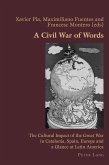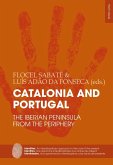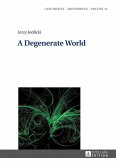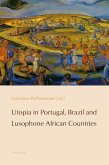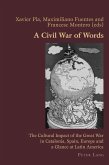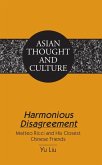Published in 1972, New Portuguese Letters addressed censored issues - such as the colonial war, immigration, the Catholic Church, violence, and the legal and social status of women - becoming a symbol of resistance against the Fascist Portuguese regime. Privileging feminist approaches, this volume maps the reception of the book in Portugal, Brazil, Angola, Mozambique, the UK, Ireland, the USA, France, Germany, Italy, Spain and Scandinavia. The scandal that surrounded the banning of New Portuguese Letters, under the accusation of 'pornographic content', and the trial of the three authors for 'outraging public morals', brought the case to the attention of the international community. The book found instant support from feminist movements and well-known writers - such as Simone de Beauvoir, Marguerite Duras, Doris Lessing, Iris Murdoch, Adrienne Rich and Anne Sexton - and was adopted as «the first international feminist cause».
Given its great significance in political and aesthetic terms, New Portuguese Letters was - and remains - a fundamental work in contemporary literature and culture, offering an invaluable contribution to the history of women and raising crucial issues relevant for political agendas today, such as equality, justice and freedom.
Given its great significance in political and aesthetic terms, New Portuguese Letters was - and remains - a fundamental work in contemporary literature and culture, offering an invaluable contribution to the history of women and raising crucial issues relevant for political agendas today, such as equality, justice and freedom.
Dieser Download kann aus rechtlichen Gründen nur mit Rechnungsadresse in A, B, BG, CY, CZ, D, DK, EW, E, FIN, F, GR, HR, H, IRL, I, LT, L, LR, M, NL, PL, P, R, S, SLO, SK ausgeliefert werden.




